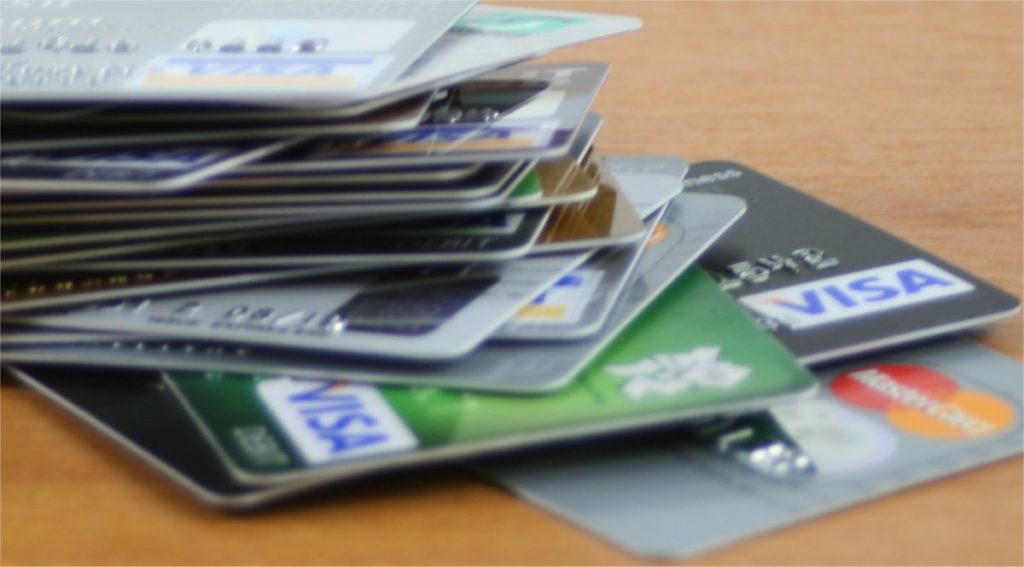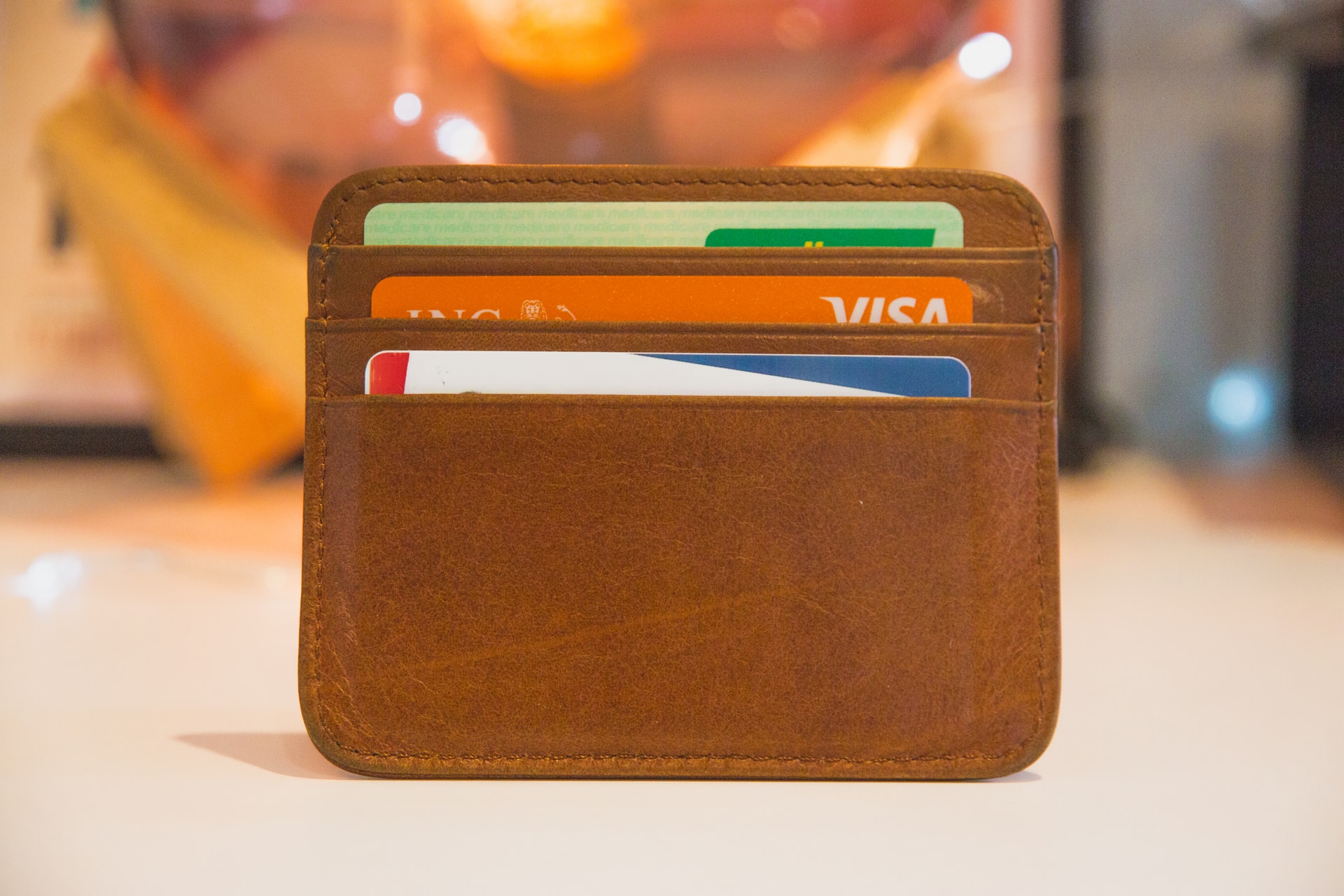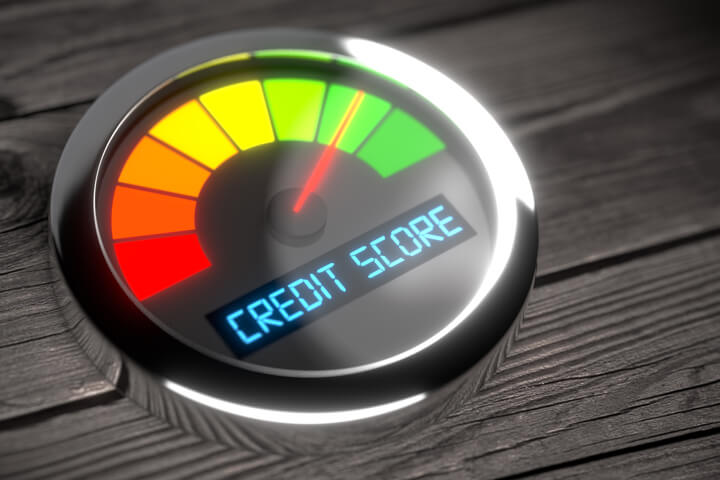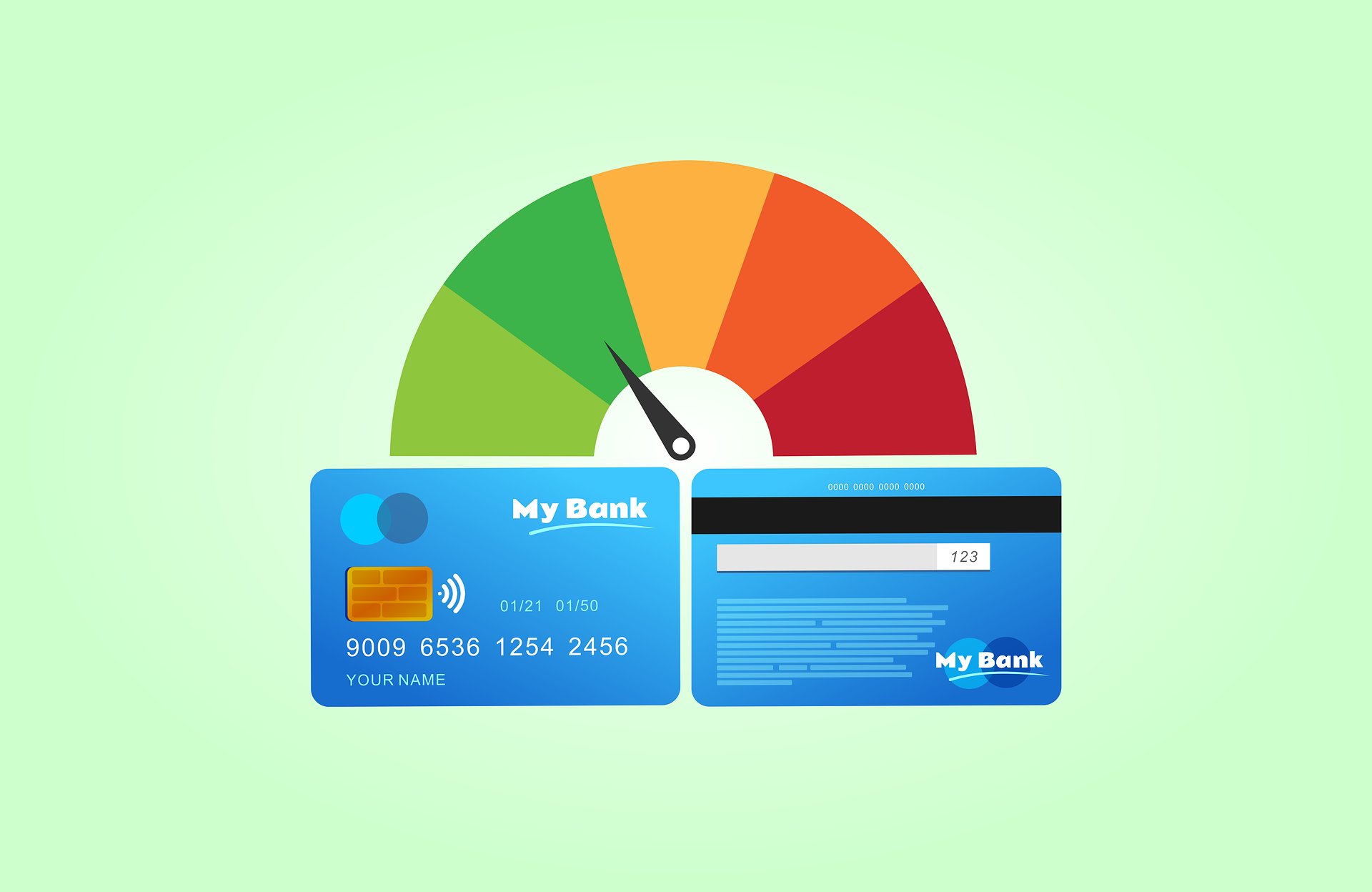How Do Credit Cards Work?

If you have questions regarding how credit works and their proper usage, you are in the right place. Let’s look at all credit card basics.
When used well, credit cards are a flexible, convenient and secure way to pay for things that you need on the go. A credit card can also help you spread costs in case of big purchases.
With the plethora of benefits that a credit card comes with, lack of knowledge can also lead you in a spiral of debt. This makes it important to avoid costly mistakes. It is wise to learn about credit cards if you don’t want to lose money when using a credit card.
Understanding how a credit card works is essential to managing debt in a much better manner. You can build credit and pay flexibly for necessary expenses. Keep reading to get useful insight on how credit cards work and plenty of other information that every first-time credit card user must know.
What is a Credit Card?
Simply put, you can use a credit card to pay for purchases that you might need to make. With credit cards, a financial institution or credit card company pays for your purchase, sending you a certain bill each month.
This suggests that you borrow money from your credit card company to make a payment. So, it only makes sense if you use the terms ‘borrowing card’ or ‘debt card’ for credit cards. Why? The amount of money you spend using your credit cards becomes a debt that you need to pay back.
Credit cards are more like revolving credit accounts that a credit card company issues for you. For as long as your account is operational, you can use borrowed money to pay. You must pay back your loans according to the applicable specific terms and conditions or the financial institution charges interest fees.
A credit card usually comes in the form of a physical card. This may be made out of metal or plastic. Your credit card will also feature a card verification value (CVV) number with your unique credit card number. These special numbers play an important role in security.
If you’re wondering how credit cards differ from debit cards, here is the simple answer. The place where the money comes from is one major factor that distinguishes credit card from debit card. When you make a purchase, your credit card pays from the money you borrowed from your credit card company. Meanwhile, debit cards pull money from your bank account.
How Do Credit Cards Work?
A credit card company or financial institution publishes credit cards for customers that are looking for more feasibility while making bigger purchases. Credit cards lets you borrow money that you can use to pay for costly things. While there is no interest if you pay full in time, the company charges you additional interest fees on your balance otherwise.
Credit Card Limit
When you apply for a credit card and get approved, your lender or credit card provider with set a credit limit. This pre-set limit is basically the maximum amount that you can charge from your credit card account. For instance, you can’t exceed your balance if the set limit for your credit is $1000.
While the credit card company sets your card limit, there are a few rules regarding this minimum amount. Firstly, it must be at least 1% of annual fee, default charges and outstanding balance plus interest cost. Usually, this is somewhere between 3 to 5 percent and it can also be a pound figure. For example: £5.
Balance and Available Credit
Balance refers to the amount that your owe your lender in respect with your credit card. For example, your credit card balance will increase by $200 if you make a purchase worth that amount.
On the other hand, available credit on credit cards is the difference between your balance and credit card limit. Following the examples above, your available credit would be $800 if your balance is $200 and credit card limit is $1000.
The Payment
After you make a purchase using your credit card, the credit card providing company will send you a bill each month. While it is important to pay this off in full, paying at least the minimum amount is necessary.
Credit cards do not require users to pay any interest fees of they pay the full bill every month. (Interest is applicable in case you use your credit card to withdraw cash).
However, credit cards do come with an interest rate that applies when you don’t pay your monthly bill in full. This will be applicable on your whole balance until you repay it. The credit card company backdates your interest to the day you made your purchase using credit card.
Revolving Line of Credit
Credit card accounts do not have an ending date. This means that users can use credit cards for as long as they wish. This is the reason why it won’t be wrong to refer to your credit card as a revolving line of credit. You do not need to stop using it as long as you have available credit and pay off your monthly bills in time.
As already mentioned, your balance gets deducted from your set credit card limit. Then, your available credit goes back up as you make the payments. This means that you can make purchases using your credit card, pay down the spent money and use it back again for another purchase.

What Happens When You Apply for a Credit Card?
Credit cards become operational when you get approved by your credit card providing company. This involves an application process. The lender will ask for your details regarding your debts and income once you apply for a credit card.
Then, the institution will determine the amount of credit that can extend to you. This means that credit card limits are solely the decision of companies that issue credit cards. The company also gets to set a transaction limit and daily limit.
Additionally, the card issuing company also determines an annual percentage rate (APR) for your credit card amount. This rate refers to the amount that companies charge on outstanding balance after the set due date for making payment. This especially applies to the time after introductory period of your account.
The APR is usually high, ranging between 14.99 and 21.99 percent. In simple words, these rates are the cost of borrowing money through credit cards. You can avoid interest fees if you manage to pay back your balance before the billing cycle ends.
At the end of each billing cycle, your credit card company also issues an account statement featuring your transactions during the cycle, total balance, due payment and die date.
How to Build Credit
It is important to use credit cards in a way that will ensure improved credit score. Here are a few tips to help you build credit on your credit once you get approved.
Make Timely Payments
Paying on time is the most important thing to do when it comes to making proper, advantageous use of credit cards. The payment history is a crucial factor in determining a user’s credit score. So, paying back in time can significantly increase your credit score.
Most financial institutions also offer an autopay feature with credit cards. This helps ensure that you don’t miss your monthly payments. You can also set reminders as an alternative.
Watch the FICO® Score
The FICO® Score is one of the most common and popular types of credit scores among credit card users. Make sure you keep checking this score as it helps confirm the direction your credit card account is moving towards.
Ideally, it is a good idea to check your FICO score once every 2 to 3 months. Make use of your FICO® Score tracker if your credit card includes it. In case not, you can also check it online for free.
Limit Your Spending
High credit card balance can negatively affect your credit score so it is best to prevent your balance from getting too high. To ensure this, limit yourself to spending no more than 30 percent of your total credit limit.
Ask for a Credit Limit Increase
As mentioned above, keeping your balance below 30% is a good way of building an excellent credit score. However, it is not always so easy, especially when you need to make bigger purchases. So, a limit increase can help in this case.
Ensure that you make your payments on time for the first 9 to 12 months of your credit card account. After this period, you can ask your credit card company to increase your credit limit. Increasing limits on credit cards makes it easier for you to keep your balances low.
Keep your account open
The average age of your account is also a huge factor that affects your credit score. Basically, older accounts equal to increased credit score.
It is best if you keep your old accounts around if you’re looking for boosted credit score. This suggests that you must not close your first credit card.
Apply for new cards sparingly
Credit cards offer many benefits that you can become eligible for as you build credit. It is absolutely okay if you want to open a new account to save some cash. However, be careful to not overdo it as this can cause consequences.
How? Applying for a new credit card affects your credit score. While the impact is small, too many applications can make a significant difference. You will eventually find it hard to keep up with the quality of your score this way.
At most, apply for a new card only once a year of 6 months.
Important Credit Card Need-to-Knows for You
Here are some important things to keep in mind before you start using a credit card.
Credit Card Companies Conduct a Hard Credit Check
When you apply to open a credit card in a company, the lender will first run a hard check. This refers to a detailed checking of your credit file. A good credit rating would mean that you have higher chances of getting approved.
Moreover, you may also benefit from an access to promotional cards if your credit file is impressive. These cards offer low interest rates, and other deals and offers. A hard credit check gets featured on your report, meaning it can also affect your credit score.
Some Financial Companies Carry Out a Soft Check
While hard check is necessary, some other companies also perform a soft check when users apply for credit cards. A soft check refers to a credit inquiry that typically does not affect your credit report or score. However, soft checks can indicate whether or not your application will be successful.
Credit Cards Are Not Suitable for Cash Withdrawals
Credit cards are most beneficial when used for making major, expensive purchases. While they do allow cash withdrawal, it is never a good idea to use this option.
Why? Your credit card company will charge you fee for withdrawing cash. Additionally, you will also need to pay interest (at a higher rate) every day from the withdrawal date.
Do You Need a Credit Card?
When used in a responsible manner, credit cards can help you build score and gain rewards, etc. Building an impressive credit score is essential for various financial decisions. For instance, your credit report affects future situations like rental approvals, business ventures, car loans, and personal and business insurance rates.
However, there are still risks attached to credit card usage. While avoiding or offsetting these risks is simple, credit cards are not a good option for people to struggle to manage money. Ideally, you should only get a credit card If you’re confident about spending less and paying back on time.
How to Compare Credit Cards
It is important to compare credit cards when looking to shop for one. Here are some key factors to keep in mind:
- Annual fees
- Terms for introductory bonus
- Variable APR for regular purchases
- Terms and conditions for promotional APR
- Reward programs
Looking at other factors such as the specific features and benefits of cards can also be helpful.
Bottom Line
Credit cards are a flexible way of paying for huge and expensive purchases. Not to forget, using a credit card can also help you build a good credit score for future needs. However, you must pay your bill on time and maintain a low balance to achieve maximal benefits. You can also reach out to our professionals at Career Follows for more information and further guidance.






